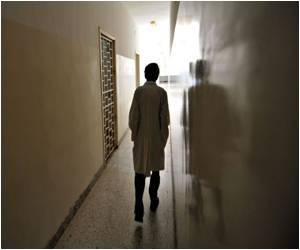Disabled Medicare patients under the age of 65 who don't take their prescription medications because of cost concerns are more likely to have at least one emergency department visit.

Of 7,177 respondents to a survey of Medicare beneficiaries, 7.5 percent reported mild cost-related non-adherence (CRN) and 8.2 percent reported severe CRN. Mild CRN was defined as skipping or taking smaller doses of prescribed medications or delaying filling prescriptions to make medicine last longer. Severe CRN was defined as not filling prescriptions at all because of cost.
Medicare patients reporting severe CRN were more likely than those without CRN to have at least one emergency department visit and they also had a higher number of ER visits within the year. Approximately 38.3 percent of patients with severe CRN had at least one emergency department visit, while only 27.5 percent of patients without CRN visited the ER. Of disabled Medicare patients, those with severe CRN were more likely to have at least one ER visit as compared to disabled Medicare patients without CRN, disabled Medicare patients with mild CRN and elderly Medicare patients in all CRN categories.
High rate of non-adherence have been estimated to cost $100 billion a year in avoidable hospitalizations.
"Disabled Medicare patients are a high risk population," said Dr. Blanchard. "Specific policies that aim to help these patients take their medications as needed may be developed in the emergency departments these patients turn to in their hour of need. We may be able to connect them with lower-cost medications or federal and state programs designed to provide prescription assistance."
Source-Eurekalert









